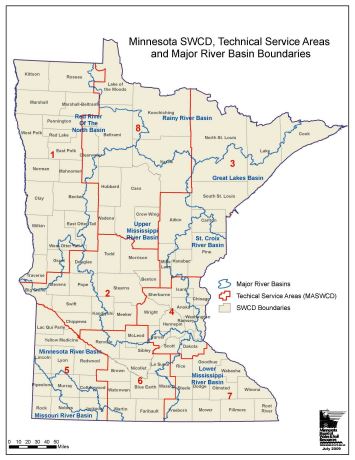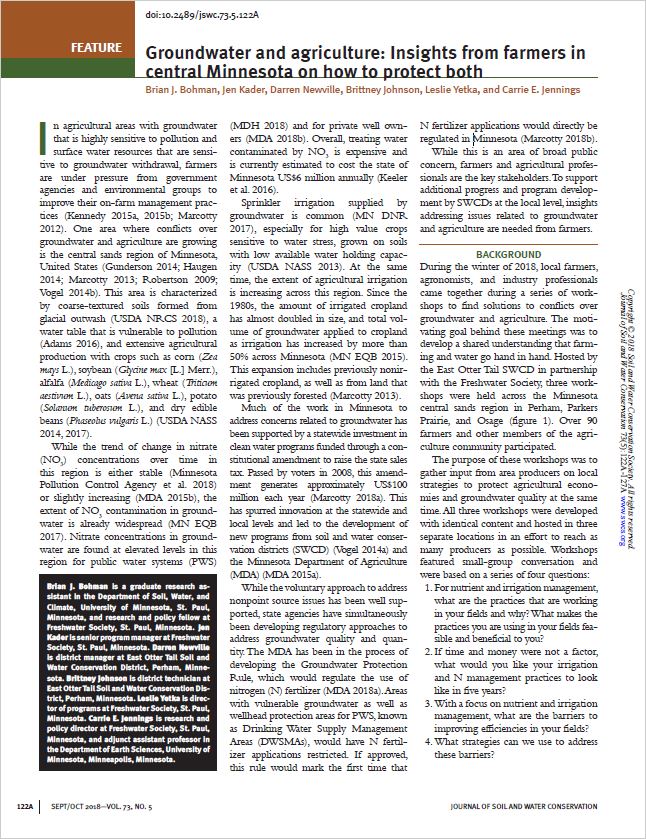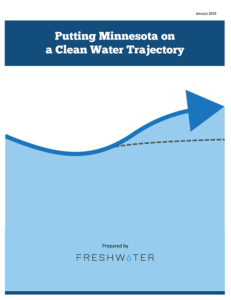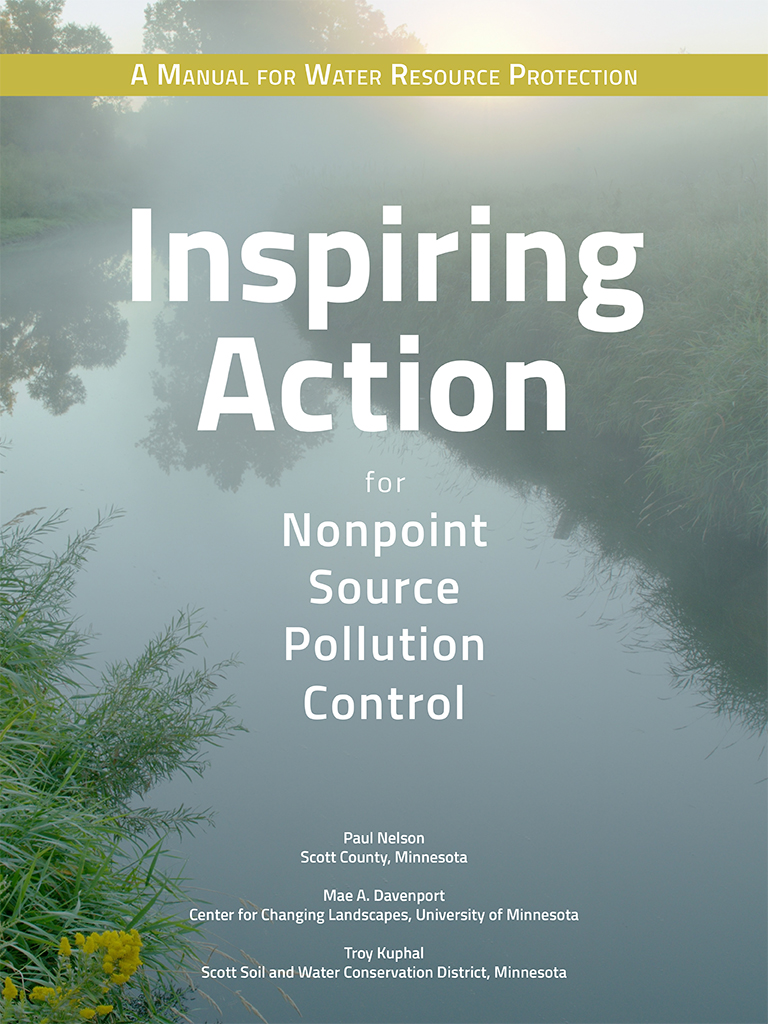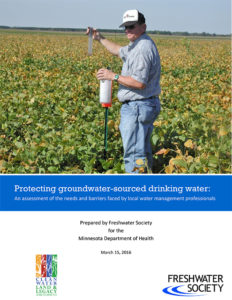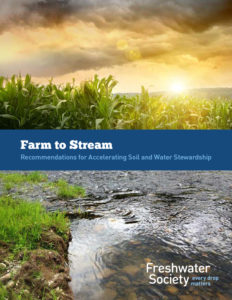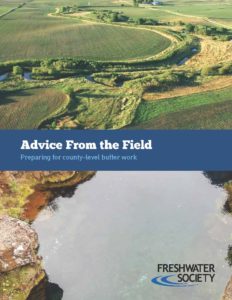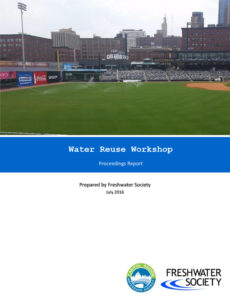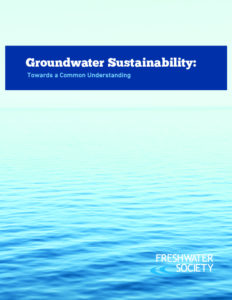Minnesota’s lakes and rivers belong to all of us
All communities (regardless of wealth and race or ethnicity) should share in the environmental, social, recreational, and economic benefits of clean water at home and outdoors. Because of historic and ongoing inequities, we recognize that many Black, Indigenous, and people of color and/or rural communities do not enjoy these benefits equally, and their voices are often ignored in policies and decisions that disproportionately expose them to water-related hazards, like flooding or lack of clean drinking water.
At Freshwater, we recognize the power of elevating all Minnesotans’ voices, including those normally excluded, through our proven participatory engagement methods to change systems and institutions’ approach to water. We push our partners and ourselves to gather input from all communities and transform that input into concrete actions without diluting the messages. Our trained facilitators help government and nongovernment partners apply this input to their conversations, leading to actions that can advance water equity and protect our drinking water, our lakes, streams, and rivers.
The following reports made use of community-sourced input.
Future Technical Service Area Management and Structure Analysis, June 30, 2020. The purpose of this project is to “evaluate the current state of TSA workload/need, structure, and management statewide. The project will also yield a set of findings and recommendations designed to bring efficiencies to TSA operations and to meet current and future demands for accelerated conservation implementation.”
Groundwater and Agriculture: Insights From Farmers In Central Minnesota on How to Protect Both (2018)
In agricultural areas with groundwater that is highly sensitive to pollution and surface water resources that are sensitive to groundwater withdrawal, farmers are under pressure from government agencies and environmental groups to improve their on-farm management practices (Kennedy 2015a, 2015b; Marcotty 2012). One area where conflicts over groundwater and agriculture are growing is the central sands region of Minnesota, United States (Gunderson 2014; Haugen 2014; Marcotty 2013; Robertson 2009; Vogel 2014b).
Putting Minnesota on a Clean Water Trajectory, a summary of discussions among interest and agency representatives, convened by Freshwater, to assess Minnesota's progress on meeting its clean water goals and offer guidelines for the next ten years to the Clean Water Council and executive branch agencies. Download.
Inspiring Action for Nonpoint Source Pollution Control offers a new approach for water resource protection, informed by systems thinking and a model of community capacity. Drawing on decades of engagement in conservation management and years of applied research on conservation behavior, this manual’s guiding principles for inspiring conservation action are backed by the latest social science and have been field-tested in Minnesota. Download.
Protecting groundwater-sourced drinking water: An assessment of the needs and barriers faced by local water management professionals, a study done by Freshwater for the Minnesota Department of Health that looks at how state-level agencies can best match resources with local needs to implement groundwater and drinking water protections. Download.
Farm To Stream: Recommendations for accelerating soil and water stewardship, a report on lessons learned from the Minnesota FarmWise program, which piloted a farmer-led approach to increasing participation in conservation farming practices. Download.
Advice From the Field: Preparing for county level buffer work, a report on how local governments can prepare themselves for tackling the buffer challenge, based on discussions with 32 Soil and Water Conservation districts. Download.
Water Reuse Workshop Proceedings Report, a report from Freshwater and Capitol Region Watershed District that summarizes the presentations and recommendations from a Water Reuse Workshop with 120 professionals from all sectors involved with reuse to discuss barriers and identify solutions. Download.
HISTORICAL
Groundwater Sustainability: Towards a Common Understanding, a report that details discussions at two workshops, aimed at helping water scientists, planners and managers make decisions regarding how much groundwater they can — and should — pump. Download.
